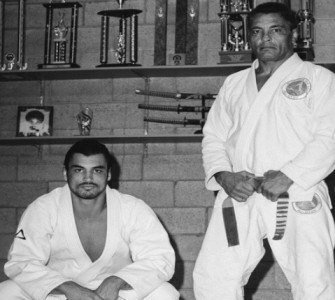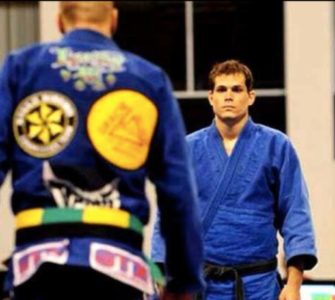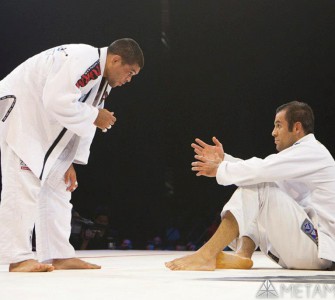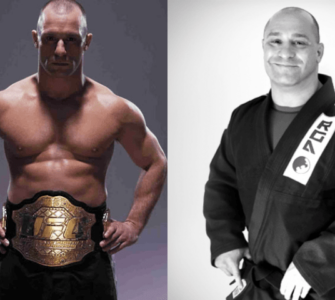Erin Herle is a bjj black belt, but beyond that she’s the creator of the submitthestigma hashtag. Recently she shared just how it came to be that she created the movement and how she was personally affected and welcomed bjj community support.
Herle told bloodyelbow:
“Training Jiu Jitsu alleviates a lot of mental health issues given the amount of physical exertion involved, community support, goal-oriented curriculum, and the fact that there’s longevity,” Herle said. “I began training at a time that my Generalized Anxiety Disorder was at a high. I had come off a drug study where I was finally diagnosed officially and the drug made me crazy. When I trained, I forgot about all the social anxiety and awkwardness because Jiu Jitsu itself can be awkward.”
“People reached out and shared their own stories of depression, suicide, and the like. And I realized there was a much needed band of support within the Jiu Jitsu community to reduce stigma and encourage people to feel comfortable in their own skin and minds,” Herle said. “The name #SubmitTheStigma is obviously a play on words for Jiu Jitsu but it also starts with a hashtag because it is meant to be shared. As of now, there are patches that have been sent to more than 13 countries around the world.”
Whatever Happened To Female BJJ & Why It’s Not Ok To Pile On
Herle might have a scientifically backed point:
When judo was taught to adolescents with a history of violence, Pyecha found that those students were much more warmhearted and easygoing compared to those involved in karate, taekwondo and aikido and the group that didn’t practice anything.
Another research juxtaposes personalities of jiu-jitsu practitioners and wrestlers. This particular research claims that these two types of training positively influence stability of personality and emotional balance in sports situations but also in life situations. However wrestlers were more likely to be personality type A (more likely to overreact) even though most of them are type B similar to bjj players.
Some researchers even go as far as to say that early resignation from training (typical for judo and Brazilian jiu-jitsu) during the first year by a large number of participants is a reflection of coaches, and sponsors more than anything else. Apparently being focused on sports success instead of therapeutic values of combat sport (along with Olympic status of judo) is detrimental in general population (Klimczak, 2014).
Mental Health Awareness Month Features Story Where Jiu-Jitsu
Regardless what Herle is doing is trully admirable:
“I want to help people feel comfortable in their own heads whether they suffer from mental illness or not. I want to be a voice for those who struggle as well, proving that you can both be successful and be yourself. I want to be relatable to people so that I can show them they can find their own success,” Herle said. “Sometimes I’m immature, sometimes I’m negative and self-pitying, sometimes I’m a comedian, sometimes I’m a professional athlete. But I hope that all of those represent who I am; which is a nomad on the search for connection.”

















